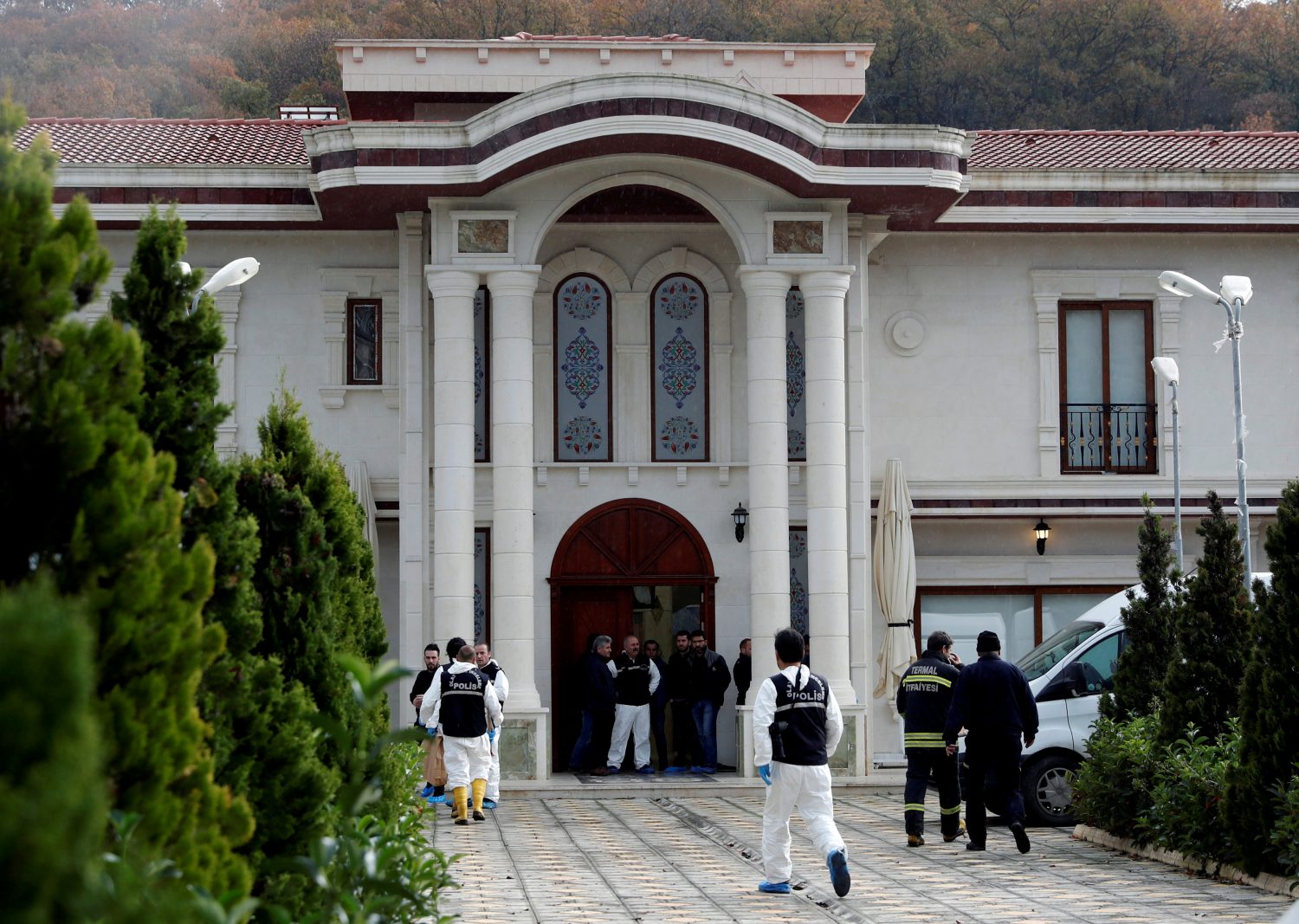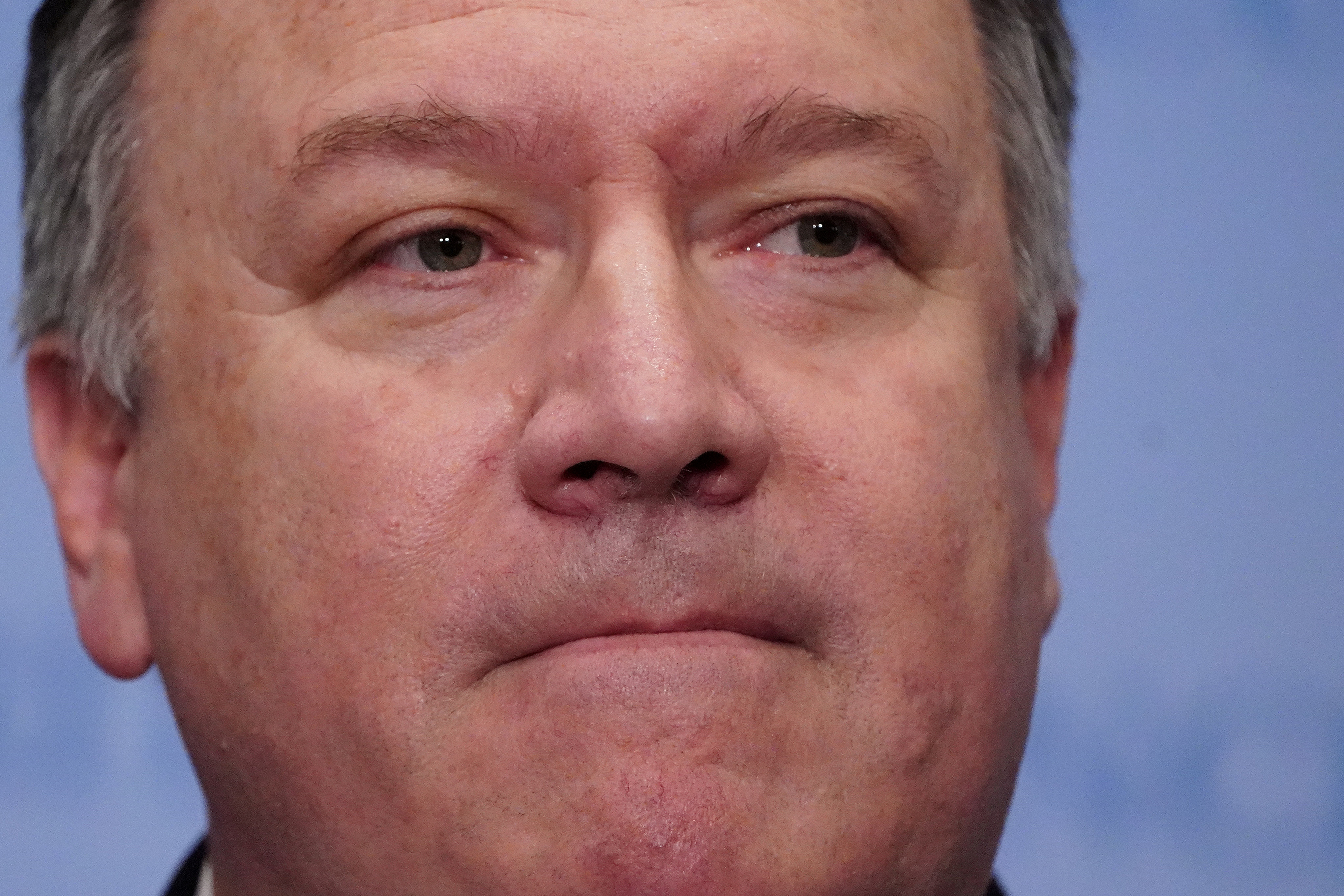
By Tuvan Gumrukcu and Ece Toksabay
ANKARA (Reuters) – Ismail Akin has voted for Turkish President Tayyip Erdogan’s party for almost 20 years, but the father of three said that will change on Sunday because the plunging economy has forced him to shut his shop and take on debt.
In a market in the Turkish capital last week, Akin clutched his jacket and said “even this is mortgaged” after the economy tipped into recession following last year’s currency crisis.
“We voted for this man (Erdogan) for 20 years. Enough. Let’s hit him with the back of our hand so he sees what this nation is made of,” Akin said.
He said he would vote for the main opposition candidate in Sunday’s local elections.
Polls suggest Erdogan could be defeated in Ankara, the city from which he has ruled Turkey with an increasingly iron grip since 2003. His AK Party (AKP) could hang on to power in a tight race in Istanbul, where he was once mayor, but a defeat in Ankara would be a blow.
“The psychological factor of losing the capital, losing one of the big cities in Turkey, could be perceived by voters as the beginning of the decline,” said political analyst Murat Yetkin.
The nationwide local elections are the first since last year’s currency meltdown, and come as authorities fight a fresh wave of selling in the lira.
The currency has bounced back this week, in part because Turkey directed its banks to withhold lira liquidity in London, a key overseas market, until after Sunday’s election – blocking foreign investors from betting against the currency.
The stop-gap measure may save Erdogan the embarrassment of a currency meltdown on the eve of voting but economists say that longer-lasting reforms are needed to return to the strong growth which was a hallmark of the AKP’s early years in power.
AKP officials say they are anxious about Sunday’s vote. In recent weeks Erdogan has held up to five rallies per day and described the elections as a “matter of survival”.
Interviews in Ankara with more than 50 voters two weeks ahead of the vote suggested several long-time AKP supporters were shifting their views on the party and looking to punish Erdogan for the turmoil caused by the ailing economy.
“There is no production, nothing. They brought in the food stands, but will he (Erdogan) fix the economy with food stands?” said Orhan Akkaya, a local business manager who said he would no longer back AKP.
“They finished the country.”
‘VERY SERIOUS PROBLEMS’
Ahead of the elections, the main opposition Republican People’s Party (CHP) formed an electoral alliance with the IYI (Good) Party to rival that of Erdogan’s AKP and the nationalist MHP.
Mansur Yavas, the opposition candidate, appears to hold a 2 percentage point lead over his AKP rival Mehmet Ozhaseki, according to polling company Gezici. However, a poll conducted by the AKP showed Ozhaseki had closed the gap and gained a 1.5 point advantage, a party source said.
Yavas was also the CHP’s candidate in 2014, but lost in a vote marred by claims of voter fraud. Ozhaseki, a former three-term mayor from central Anatolia, was a minister until he was removed from the post after last year’s presidential and general elections cemented Erdogan’s grip on power.
Speaking to Reuters on his campaign trail, Yavas said he believed he would win in Ankara because his rival had overlooked the economic struggles of the people.
“They don’t see the economic hardships in Ankara,” he said. “They don’t come here and talk with shop owners.”
While Erdogan, championed by more pious Turks, has become modern Turkey’s most popular leader, he is also the most divisive. Secular Turks say his policies quash dissent and infringe on private lives and personal rights.
But it was his unorthodox economic policies, including a buildup in foreign debt, that helped spark last year’s crisis that wiped some 30 percent off the value of the lira. The contraction in the fourth quarter was the economy’s worst in nearly a decade.
“What we expected didn’t happen in the economy, that is a reality,” an AKP official told Reuters. “While the economy was a gain before, it’s now our weak point.”
“If there is a big loss (in Ankara)…we may enter a period where there will be very serious problems for the AK Party.”

People shop in a second-hand bazaar in Ankara, Turkey, March 27, 2019. Picture taken March 27, 2019. REUTERS/Umit Bektas
‘FED UP’
Murat Gezici, chairman of pollster Gezici, said three of every four undecided voters have backed the MHP or AKP in past general or local elections.
The fraying economy had left many of them unsure, Gezici said citing his company’s March 16-17 poll, and added that rather than the AKP’s past successes, voters were more focused on candidates’ future promises.
“Maybe I won’t even vote, that’s how fed up I am,” said Huseyin Kilic, another longtime but disenchanted AKP voter.
Sacked from his factory job and waving in the air coins that he said were his last, Kilic, standing in a street market in the central Ankara district of Ulus, said he had not yet settled on a favored candidate.
Yet few are writing off Erdogan before votes are counted.
In nearly two decades he and his AKP have not lost a local election in Ankara or Istanbul. The party is leading polls in other big cities like Adana and Konya.
Shopping for vegetables in central Ankara, Neriman said she remained committed to the AK Party, dismissing economic woes.
“They (the AKP) gave us everything, financially and emotionally. There are no economic troubles. Are there?” she said. “I am planning on voting for the AK Party because for years we’ve been so much better off.”
($1 = 5.5652 liras)
(Additional reporting by Orhan Coskun and Mert Ozkan; Editing by Jonathan Spicer and Anna Willard)












